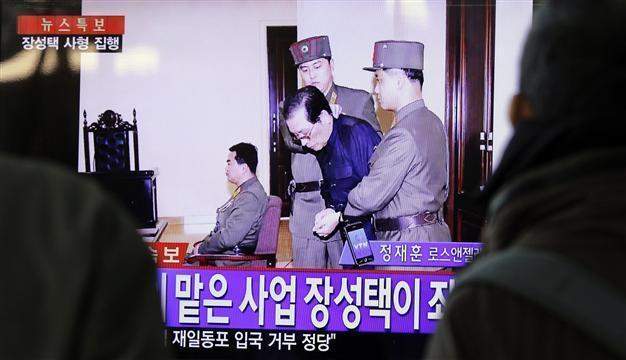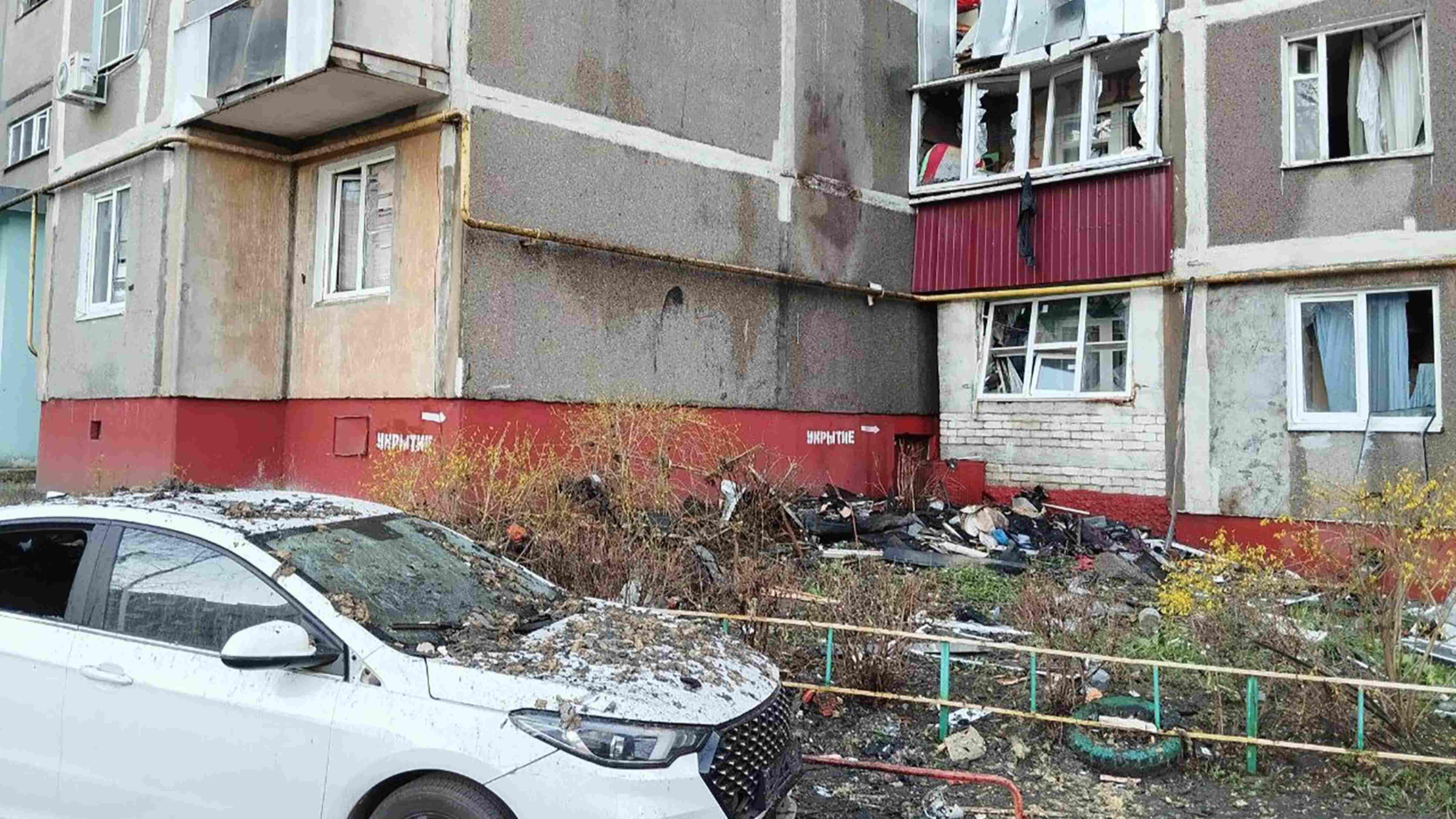North Korea announces execution of leader's 'traitor' uncle
SEOUL - Agence France-Presse

People watch television news showing Jang Song-thaek in court before his excution on December 12, 2013, at the rail station in Seoul on December 13, 2013. AFP Photo
North Korea said Friday it has executed the uncle of leader Kim Jong-Un, branding veteran fixer Jang Song-Thaek a "traitor for all ages", as the US and South Korea voiced concern at the shock purge.In a stunning downfall, Jang -- who had been seen as Kim's political regent and the country's unofficial number two -- was executed on Thursday immediately after a special military trial, state news agency KCNA.
In a viciously worded attack it said he committed such a "hideous crime as attempting to overthrow the state by all sorts of intrigues and despicable methods with a wild ambition to grab the supreme power of our party and state." The report portrayed Jang as decadent and corrupt, "stretching his tentacles" into every area of national affairs. In a rare admission of economic strife, it also blamed him for the failings of the hungry and impoverished nation.
Jang, 67, played a key role in cementing the leadership of the inexperienced Kim when he succeeded his father Kim Jong-Il in 2011, but analysts said his power and influence had become increasingly resented.
State media showed a stooped and handcuffed Jang being led away from the military trial, flanked by two officers, one of whom had a hand on the back of his neck. "If confirmed, this is another example of the extreme brutality of the North Korean regime," US State Department deputy spokeswoman Marie Harf said, adding that Washington was following developments closely.
South Korean President Park Geun-Hye has accused Kim Jong-Un of resorting to a "reign of terror" to cement his leadership. On Friday, Seoul's Unification Ministry expressed "deep concerns" about the developments in Pyongyang.
South Korea will prepare fully for "all possibilities in the future" while coordinating closely with its allies, a ministry statement said.
Japan's defence minister also warned this week that the purge could herald upheaval comparable to China's disastrous Cultural Revolution.
The Kim family has ruled the North for six decades with an iron fist, regularly purging those showing the slightest sign of dissent. Most are executed or sent to prison camps, but the nation has not seen such a high-level execution for decades.
The regime accused Jang of betraying the trust of both Kim Jong-Un, who is aged around 30, and his father -- saying he had received "deeper trust" from the younger leader in particular.
In a nation long ruled under a pervasive personality cult, Jang was also accused of slighting the young leader -- not applauding him loudly enough at party meetings and blocking the construction of a mosaic in his honour at a tile factory.
Deriding Jang as "despicable human scum... worse than a dog", the KCNA report said he had attempted to stand in the way of Kim Jong-Un's succession and then targeted him with a planned coup.
North Korea confirmed earlier this week that Jang, who was married to Kim Jong-Il's sister, had been stripped of all posts, and branded him as a drug-using womaniser who squandered millions in state funds at foreign casinos.
During the court hearing, Jang reportedly confessed he attempted to stage a coup by mobilising his associates in the military.
"I was going to stage the coup by using army officers who had close ties with me or by mobilising armed forces under the control of my confidants", KCNA quoted him as saying.
"I attempted to trigger off discontent among service personnel and people when the present regime does not take any measure despite the fact that the economy of the country and people's living are driven into catastrophe." South Korea's spy agency told the National Assembly that the worst purge in decades in the Stalinist state masks its chronic instability.
If the North fails to reorganise the power structure smoothly and improve people's living standards, it will face increasing difficulties in sustaining the regime, it said. However, many analysts believe Jang's purge demonstrates Kim's confidence in power, having established his own coterie which has taken precedence over the old guard.
"Jang Song-Thaek was his regent and he decided that he doesn't need him anymore -- he can rule North Korea on his own," said Abraham Denmark from the National Bureau of Asian Research, a US think tank.
But he said that the dramatic response also suggested Jang could have posed a real challenge to Kim's absolute power.
"The difference between just dismissing somebody and executing him is, obviously, to make sure he can't come back and doesn't pose a threat," he said. "One way to interpret this is that he felt threatened and that Jang Song-Thaek, who had his fingers in almost every aspect of North Korean politics and the military, presented an alternative source of power and a threat to him." Professor Yang Moo-Jin of the University of North Korean Studies said the execution was aimed at injecting "maximum terror among the people in order to rally loyalty to Kim Jong-Un and cement his one-man rule".
Since the death of his father in late 2010, five out of seven leaders who joined the young leader in marching alongside his father's hearse at the funeral -- a core leadership group dubbed "the Gang of Seven" by South Korean media -- have now been sidelined.
















